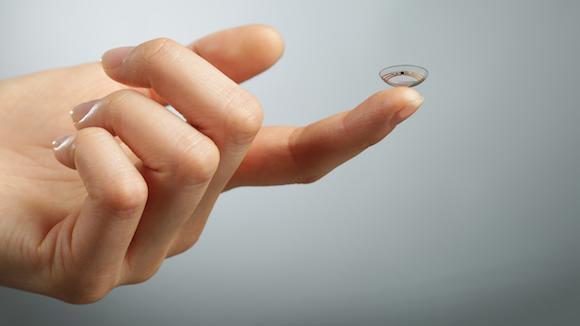Novartis
Latest

Gene therapy treatment for hereditary eye disease will cost $850,000
Last month, the FDA approved a gene therapy called Luxturna, which can treat a rare eye disease that causes blindness. Now the treatment has a price tag, CNBC reports. It will cost $425,000 per eye, and while $850,000 is steep, it's lower than the $1 million at which many expected the treatment to be priced.

First FDA-approved genetic therapy fights leukemia
The first gene therapy treatment has been approved for use in the United States. The FDA greenlit a procedure that uses a patient's own cells to combat a particular type of leukemia, but will only permit it for children and young adults up to age 25.

Alphabet's autofocusing contact lens won't be tested in 2016
Bad news if you were hoping that Google's (now Alphabet's) smart contact lenses would be available relatively soon: they're running into some hurdles. Novartis, which is partnering with Alphabet's Verily Life Sciences on an autofocusing lens that addresses farsightedness, says it won't make its goal of testing the technology in 2016. It's "too early to say" when trials would start, a spokeswoman explains to Reuters. It's also uncertain when tests for the other lens, which monitors blood sugar levels, would likely begin.

Google strikes smart contact lens deal to track diabetes and fix farsightedness
With Glass and Android Wear, Google has already invested a lot of time and resources into developing the next-generation of wearables, but it's another of its eye-focused projects that has today received its first major boost. The search giant's secret Google[x] team has confirmed that it's licensed its smart eyewear to healthcare specialist Novartis, which will develop the technology into a product that can improve eye care and help manage diseases and conditions.

Bluetooth-enabled meds to enter European bloodstreams
One of the great things about miniaturization is that it allows us to swallow things that a few short years ago were just a wonderful dream, from microprocessors to bowel scanners. Now a Swiss pharmaceutical company called Novartis AG is developing the Ingestible Event Marker (IEM), a chip that can be embedded in medication and, upon being activated by the patient's stomach acid, will send the doctor biometric data that gauges the drug's effectiveness (including heart rate, body temp, and body movements) via Bluetooth. The plan is to introduce the technology to monitor transplant recipients, although it could be expanded to other uses as well. If bioequivalence tests demonstrate that the device doesn't alter the effects of the pills, you could see 'em submitted for regulatory approval in Europe in the next 18 months.



